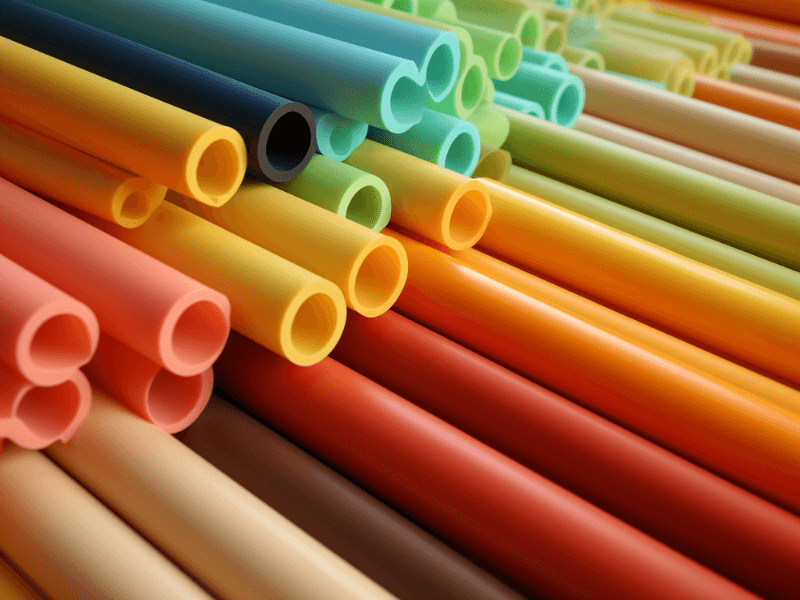Polyurethane is a versatile and resilient material, popular for its applications in furniture, flooring, and other areas.
While its strength and flexibility make it an excellent choice for many projects, it does raise a common concern: what kind of glue will adhere to it effectively? Let’s dive deep into the world of glues and polyurethane.
Polyurethane and Glues: A Quick Overview
- Polyurethane is a polymer composed of organic units joined by urethane links.
- Some glues struggle to adhere to polyurethane due to its unique structure.
- The effectiveness of glue can vary based on the type and brand.
- Surface preparation is crucial for optimal adhesion.

Unraveling the Polyurethane Puzzle
It’s not just about the glue when it comes to sticking to polyurethane; several factors can influence the bonding process:
- Surface Condition: Dust, grime, or oils can prevent glues from sticking.
- Type of Polyurethane: There are different kinds of polyurethane (e.g., foam, rigid, and flexible), and not all glues may work for each type.
- Application Technique: How the glue is applied can affect its bonding efficiency.
- Environmental Conditions: Humidity and temperature can influence the drying and curing time.
When Glue and Polyurethane Don’t Mix
There are certain glues that typically have a hard time bonding with polyurethane.
These include:
- Standard PVA glues: They might not create a strong bond due to their water base.
- Low-quality hot glue: It may not provide a durable or long-lasting bond.
The Glue Crew: Types of Glues for Polyurethane
- Epoxy Resin
- Pros: Extremely strong bond; resistant to heat, chemicals, and impact.
- Cons: Longer curing time; can be messy to apply.
- Polyurethane Adhesive
- Pros: Bonds well with its own kind; water-resistant once cured.
- Cons: Can be rigid once cured, which may not work for flexible applications.
- Cyanoacrylate (Super Glue)
- Pros: Quick-drying; bonds to a variety of surfaces.
- Cons: The bond can be brittle; vapors can be irritating.
- Contact Cement
- Pros: Forms a strong bond; works great for laminates and veneers.
- Cons: Requires precise application; bond is almost immediate, leaving little room for adjustments.
Conclusion: Stick with Knowledge
Gluing polyurethane doesn’t have to be a sticky situation.
By understanding the nuances of polyurethane and the types of glues that work best with it, you can ensure a strong, lasting bond for your projects.
Remember, preparation is key, and the right glue can make all the difference.


